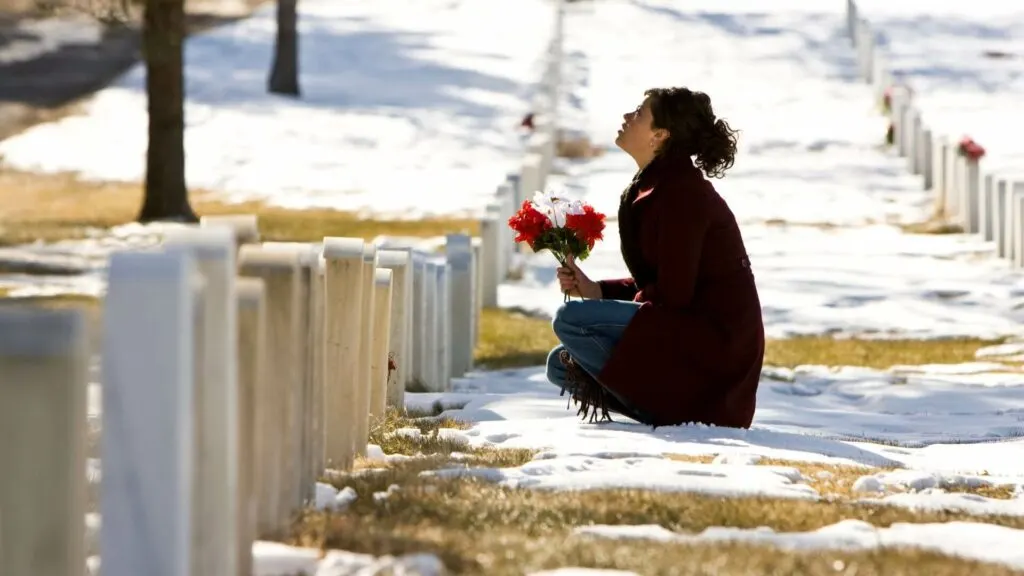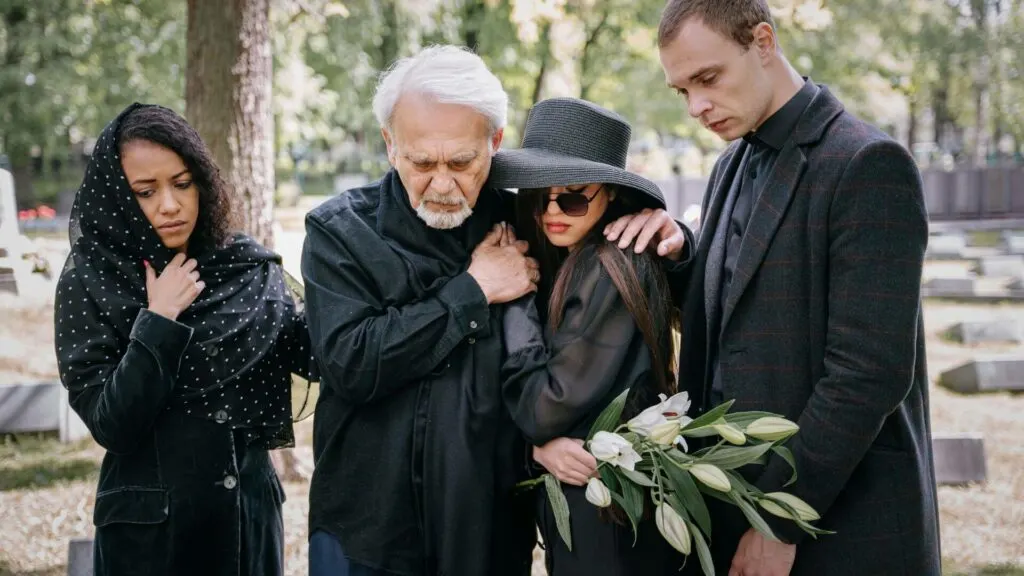Losing a family member is an incredibly painful experience that can leave us feeling lost and overwhelmed. The journey of navigating life after such a loss is a complex and deeply personal one. It requires time, patience, and a willingness to embrace the healing process. In this blog post, we will explore the path to recovery after losing a family member, offering guidance, support, and strategies for finding hope amidst the pain.

Acknowledging the Loss
The first step in navigating life after the loss of a family member is acknowledging and accepting the reality of their absence. Grief is a natural response to loss, and allowing ourselves to feel the full range of emotions that come with it is important. The San Jacinto Funerals team recommends hiring the right funeral home and memorial park service providers to help facilitate the acknowledgment process. Aside from the above services, an experienced funeral service team offers support and guidance during this challenging time, helping families navigate the arrangements and find ways to honor the memory of their loved ones. By acknowledging the loss and seeking the assistance of compassionate professionals, individuals can start their journey of healing and find solace in the midst of grief.
Self-Care and Healing
During the grieving process, it is vital to prioritize self-care. Taking care of oneself physically, emotionally, and mentally is essential for finding healing and resilience. Tools like a memory map can help honor the memories of a loved one, offering a meaningful way to reflect on shared experiences. Practicing self-care can also involve engaging in activities that bring joy, seeking therapy or counseling for support, and allowing oneself to feel and process emotions.
Vitas, a healthcare organization, suggests steps to heal after the death of a spouse or partner, emphasizing the importance of self-care as a means of moving forward. Psychology Today offers insights, such as being gentle with oneself and practicing self-compassion, while also highlighting the normalcy of feeling a sense of fog immediately after the loss. These sources collectively emphasize that self-care is crucial for coping with grief and loss, offering practical tips and techniques for individuals navigating this difficult journey.
Building Support Systems
Grieving often feels isolating, but it is crucial to remember that we are not alone. Building support systems is a vital aspect of navigating life after the loss of a family member. It is essential to seek and accept support from friends, family, and support groups during this challenging time. The Substance Abuse and Mental Health Services Administration (SAMHSA) emphasizes the importance of identifying support systems and practicing self-care as coping strategies for traumatic events and disasters. The American Psychological Association (APA) highlights that avoiding isolation and accepting one’s feelings are crucial steps in the healing process, involving the support of others. HelpGuide suggests that finding healthier ways to cope with grief is possible through support systems. VITAS, a healthcare organization, emphasizes the significance of having a support system when adjusting to the loss of a loved one.

Redefining Identity and Purpose
Losing a family member can shatter our sense of identity and purpose. As we navigate life after this loss, it is important to give ourselves permission to redefine who we are and what gives our lives meaning. This may involve exploring new hobbies, passions, or career paths. It could also mean finding ways to honor the memory of our loved one through acts of service or by participating in causes they were passionate about. By embracing the opportunity for growth and change, we can create a new sense of identity and purpose.
Honoring the Memory
Remembering and honoring the memory of our lost family member can be an important part of the healing process. Engaging in rituals, traditions, or activities that hold significance can help keep their memory alive. This might include visiting their favorite places, creating a memorial or tribute, or sharing stories and memories with others. Finding unique ways to honor their legacy can bring comfort and a sense of connection.
Moving Forward
Moving forward does not mean forgetting or leaving the past behind; rather, it is about finding ways to carry the loss with us as we continue on our journey. Setting goals, both big and small, can provide direction and a sense of purpose. It is crucial to remember that healing and growth take time, and there will be ups and downs along the way. Embracing resilience and fostering hope can help us navigate the challenges and find strength when we need it most.

Navigating life after the loss of a family member is a deeply personal and challenging journey. By acknowledging our pain, prioritizing self-care, building support systems, redefining our identity and purpose, honoring their memory, and moving forward with resilience and hope, we can find healing and create a new future. Remember, it is okay to lean on others for support, seek professional help, and take the time needed to heal. Recovery is possible, and you are not alone on this path.

Jessi is the creative mind behind The Coffee Mom, a popular blog that combines parenting advice, travel tips, and a love for all things Disney. As a trusted Disney influencer and passionate storyteller, Jessi’s authentic insights and relatable content resonate with readers worldwide.

The Road to Recovery: Rebuilding Family Life After a Car Crash — The Coffee Mom
Monday 18th of September 2023
[…] For physical rehabilitation, working closely with healthcare professionals can help you or your family members regain mobility and independence. Occupational therapists can offer guidance on how to adapt to […]